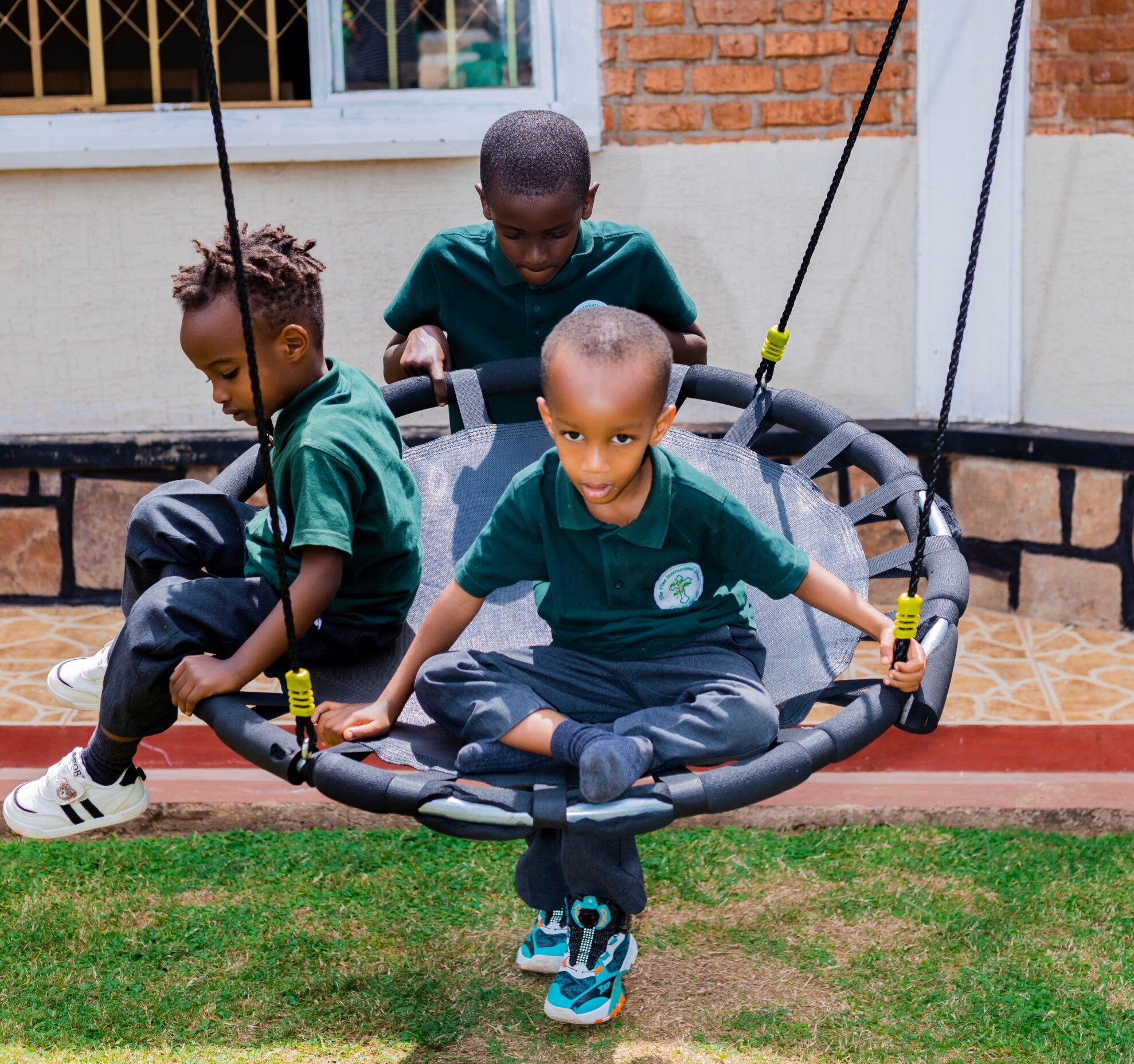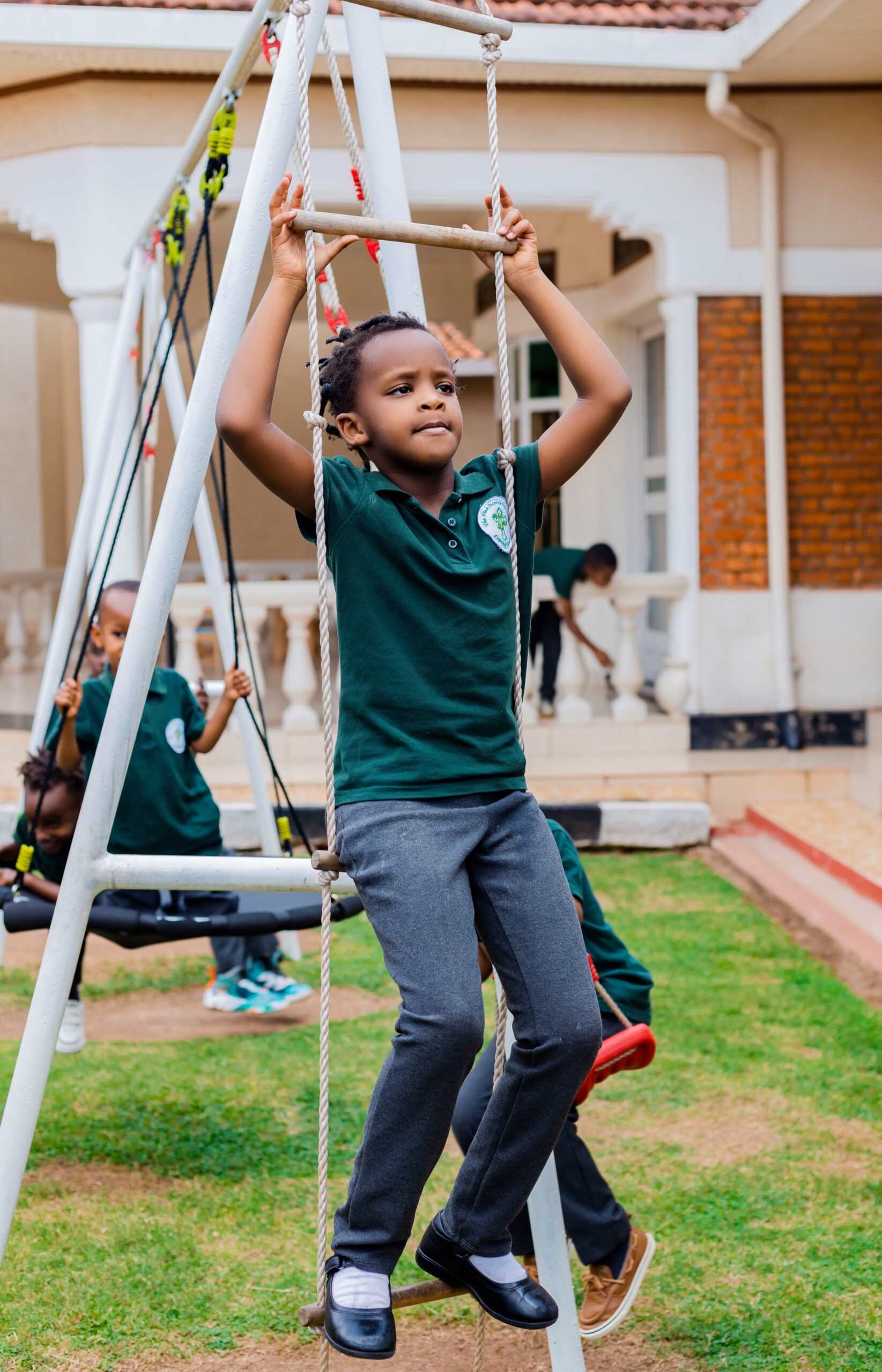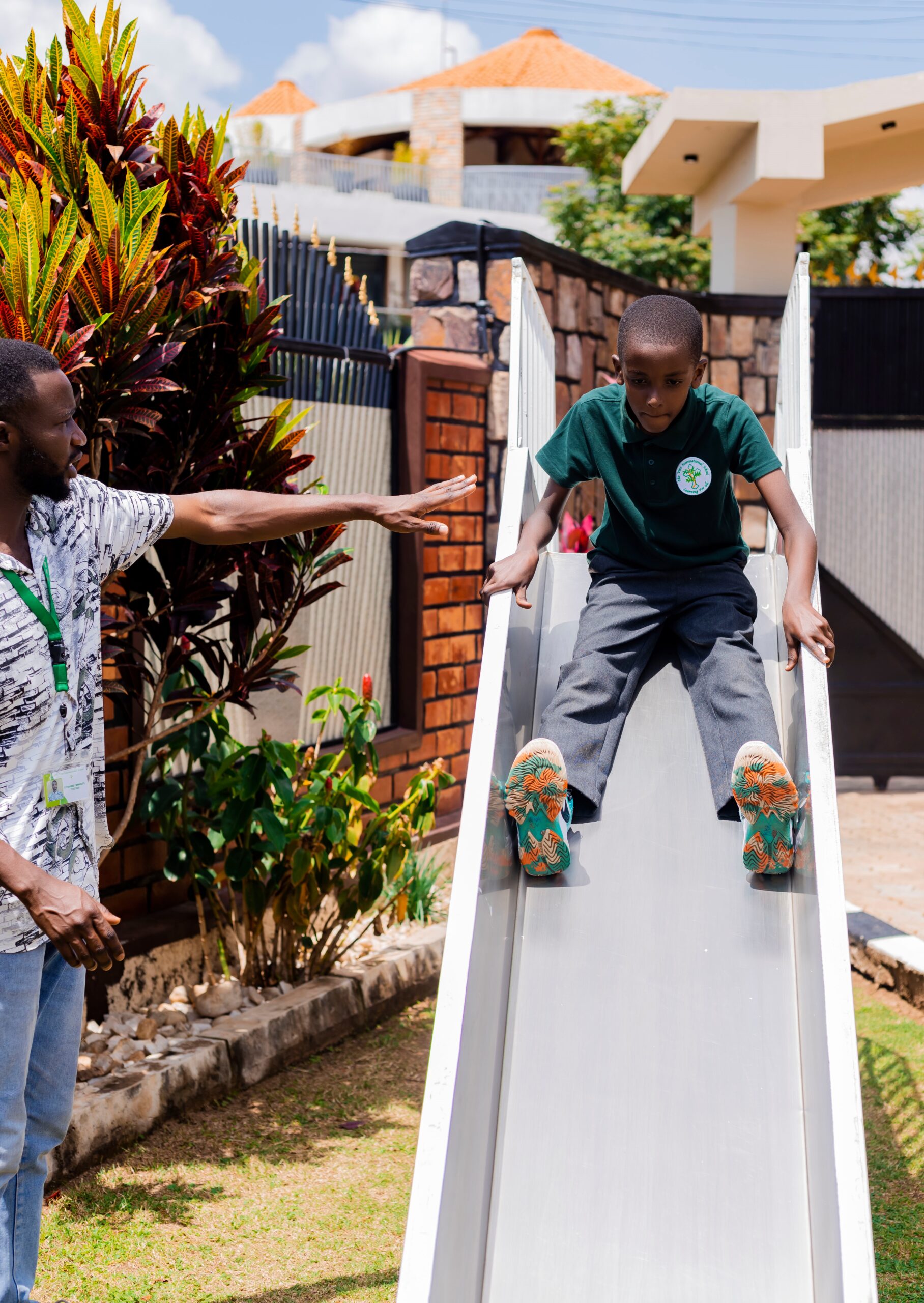Pupils’ Wellbeing
Wellbeing is a broad concept and covers a range of psychological and physical abilities. Wellbeing is generally defined as the experience of good health and happiness. It includes mental and physical health, physical and emotional safety, a feeling of belonging, sense of purpose and achievement.
We endeavour to provide a secure and positive environment in which our pupils can thrive and achieve their full potential. Every single pupil is known and valued as an individual in her or his own right, and is taught that school life has a meaning and purpose for them.
We recognise that our pupils have a wide range of communication, sensory and emotional needs and therefore make it imperative that all pupils are given the right tools to communicate, express their views and be given a wide range of learning opportunities to enhance pupils’ achievement and sense of purpose at school, home and in the community.





